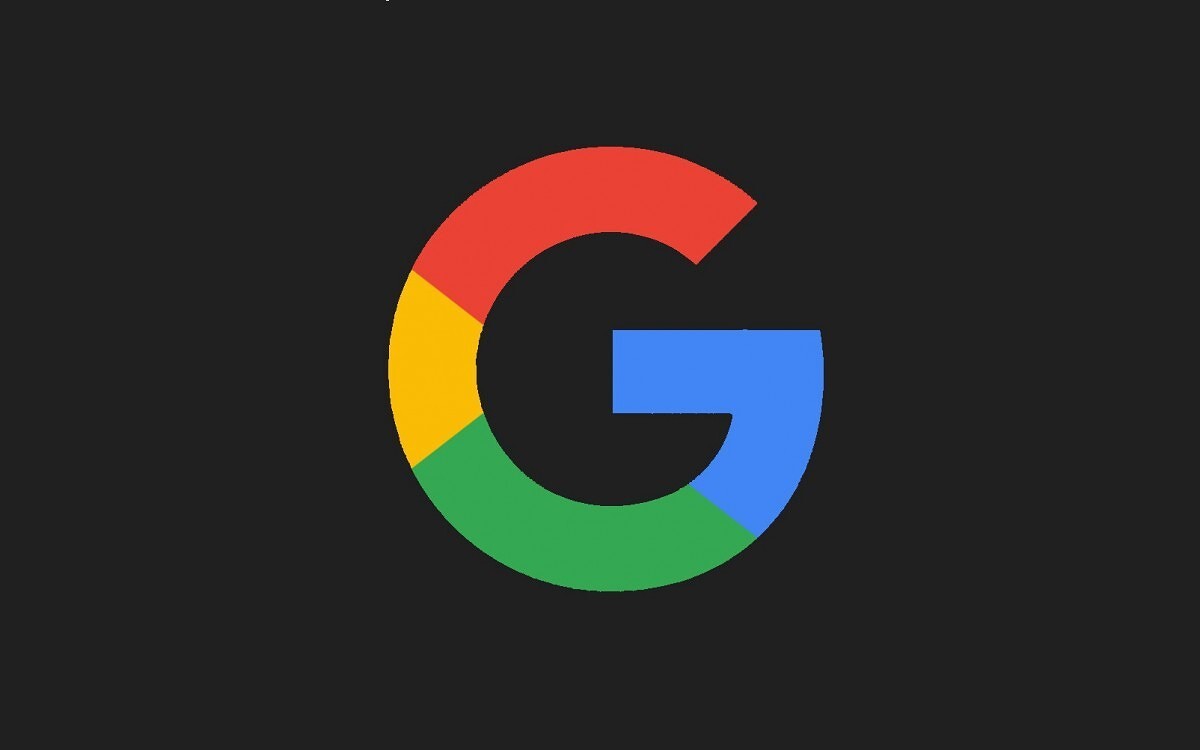2 min read
Google’s Latest Cookie-Less Solution Falls Short for Health Marketers
Emilie Branch
Feb 3, 2022 9:00:00 AM

By: Emilie Branch, Content Manager, Swoop
Here we go again. Google has changed direction on how it will block third-party cookies on Chrome. This week, the company announced its latest system, Topics. Topics clusters consumers into broad interest categories such as “fitness” or “autos and vehicles” based on their last three weeks of web history, after which this historical data is deleted. Consumers can also entirely turn off the Topics system or opt-out of any category.
In 2019, Google announced the end of cookies, a move that was then delayed until 2023 after industry outcry coupled with concerns over Google’s massive influence over digital advertising. The company’s initial cookieless solution — “federated learning of cohorts” or FLoC — did not materialize because privacy safety was just not adequate and there were fears of the exposure of sensitive groups. Advertisers also noted it was less effective than cookies. Fast forward to Topics. While there are still many unknowns, at first blush it appears Google’s attempt at providing consumer privacy safeguards creates challenges for marketers who produce programmatic advertising campaigns. Specifically, for the healthcare and life sciences industry, Topics is particularly ambiguous, as it’s unclear if the “health” category is composed of consumers searching for hair loss shampoo or patients in need of a new diabetes medication.
Regardless of the direction Google takes after eliminating cookies, advertisers are faced with a shrinking toolkit. Apple recently added App Tracking Transparency, which requires user permission to be monitored on platforms such as Instagram and Facebook. Meanwhile, Facebook retired Detailed Targeting for sensitive topics, now making it impossible to target consumers via interest-based platform interactions such as “lung cancer awareness”, “chemotherapy” or ``World Diabetes Day”. And while, at first glance, the loss of these options seems to handcuff health marketers, the irony is clickstream data was never the answer for precise, privacy-safe DTC campaigns.
Swoop bypasses search history or social interactions, and instead creates exclusive target audiences based on 300 million de-identified patient journeys over ten years. Artificial intelligence transforms this data into segments that meet unique brand criteria and parameters, such as patients who are currently diagnosed with a disease but non-adherent with their therapy. To protect privacy, Swoop employs a patented technology that ensures both compliance with HIPAA, as well as the NAI's requirements around both Sensitive Data and Sensitive Conditions.
Swoop has built more than 3,000 exclusive segments for hundreds of healthcare brands to engage common, specialty and rare disease patients. Our industry footprint is indicative of our performance, as 42 of the top 50 pharma companies and 18 of the top 20 healthcare agencies rely on us to educate patients about disease states and the therapies that could effectively remedy their condition, as well as enable them to become active participants in their diagnostic and treatment journeys. So whatever Google (or Apple or Facebook) decide is best for them, health marketers who partner with Swoop are in good hands and unaffected by these confusing, and often changing company policies.
About the Author
Content Manager
.png?width=189&height=189&name=Emilie_Headshot_cropped2%20(1).png)
|
Emilie has nearly a decade of experience in marketing, writing, research and strategy for the pharmaceutical industry. She has contributed to top pharmaceutical publications including American Pharmaceutical Review, European Pharmaceutical Review, Pharmaceutical Manufacturing, Manufacturing Chemist, Pharmaceutical Outsourcing, Specialty Chemicals, and Contract Pharma. Prior to joining Swoop/IPM.ai, Emilie served as Strategic Content Manager and Managing Editor for Pharma’s Almanac where she lent her voice to some of the industry’s top players including GSK, MilliporeSigma and ThermoFisher Scientific.
|
Top 15 Pharma Company Lowers Call Center Volume by 46% and Saves $1.9 Million in Annual Affiliated Costs
Introduction
With consumer health literacy on the rise and healthcare providers relying heavily on digital as the preferred point of interaction over...

